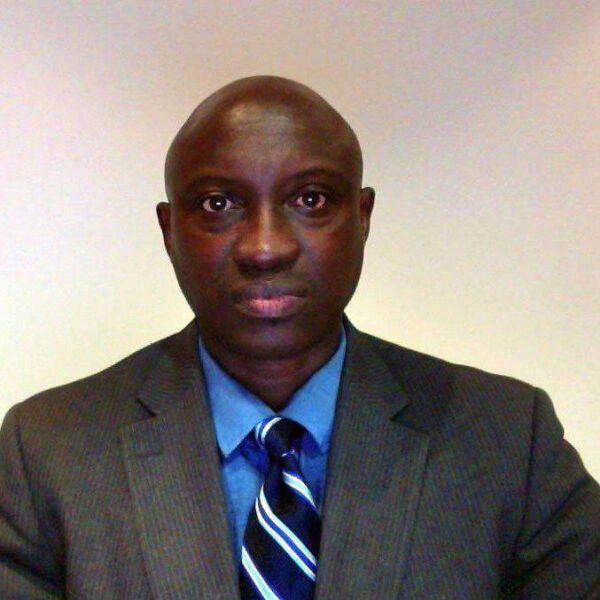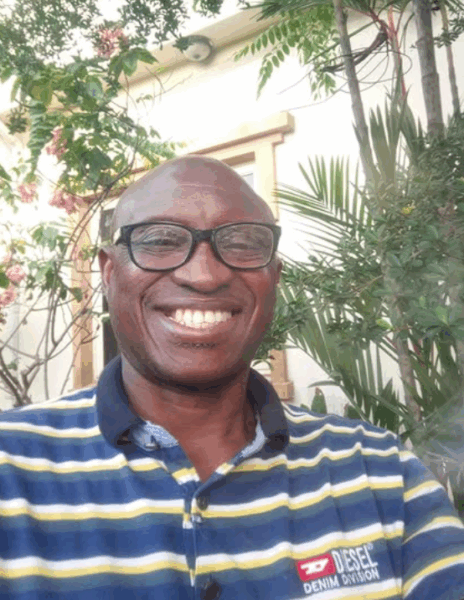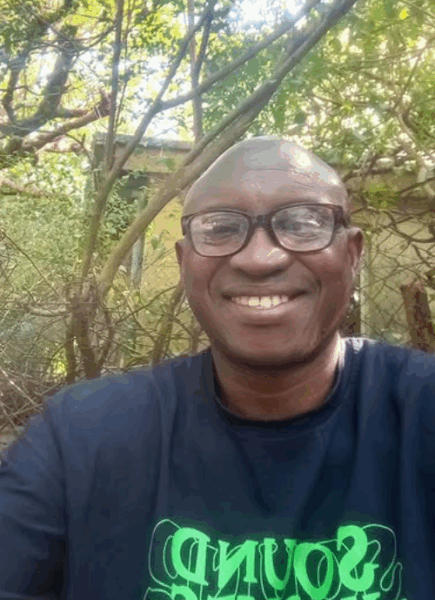Oluwatoyin Vincent Adepoju
The purpose of this course is that of exploring the intersection of imagination and intellect in the work of the polymathic scholar and writer Toyin Falola, in dialogue with that of other creatives whose work demonstrate similar convergences, an exploration within the context of Polymath Studies, the study of polymathic creativity and of polymaths.
Such an exploration of intersections of imagination and intellect would facilitate appreciation of the manner in which the conjunction of these cognitive approaches contribute to shaping how reality may be understood and projected.

Building on these foundations, students would be guided in developing their own creativities through the convergence of imagination and intellect.
Foundational primary texts for the course would be Falola’s autobiographies, A Mouth Sweeter than Salt, Counting the Tiger’s Teeth and Malaika and the Seven Heavens, his essay “Ritual Archives” and his scholarly book Decolonizing African Knowledge: Autoethnography and African Epistemologies.
Points of convergence and divergence between the autobiographies and Autoethnography and African Epistemologies would anchor the discussions of these texts.
What specific contributions do the strategies in these texts bring to the exploration of their correlative subjects?
Falola’s work would also be compared with that of other creatives who demonstrate related achievements in various disciplines.

This will include Isaac Asimov, science fiction writer and author of non-fiction on a broad range of subjects,Ibn Sina, pioneering scholar in medical research and prominent philosopher, Leonardo da Vinci, great artist and scientific researcher and innovator and Plato, whose Dialogues are strategic for their balance of imaginative and analytical creativity.
The secondary texts would consist of all books and writings on Falola,to be examined for their possible illumination of this project as well as literature on the other creatives in relation to whose work Falola’s productivity is discussed, as well as works on imagination, on intellectual work as well as on biography, autobiography and autoethnography.
The course will be experienced through dialogical seminars, in which students would read set texts before class and discuss them with the class,guided by an instructor.
The use of AI as a compositional tool will also be explored in practical terms as a means of integrating imagination and intellect in one’s creativity.
Why Toyin Falola?
Falola is one of of history’s most culturally diverse polymaths, traversing African and Western contexts as well as traditional African, Christian and Islamic spiritualities, across autobiography, poetry, essays and scholarly books, thereby providing an exemplary matrix for exploring interdisciplinary and multi – cognitive creativity, and in a way that resonates across cultures.
Significance
Of what significance is such a course as this in an era of escalating technological dominance of productivity, in which imaginative and intellectual activity that were exclusive to human beings until the public emergence of AI with the launch of ChatGPT in 2022, are increasingly generated by ever more powerful versions of AI, at no extra cost to users, with more sophisticated options available for paid subscribers, opportunities transforming the landscape of human productivity?
This situation is a provocation to re-examine and reposition humanity, in general, and the humanities, in particular, in the world of learning.
The work of polymathic creatives is uniquely suited to this goal, facilitating explorations of what is uniquely human amidst networks of productivity.

This course does not aspire to generating merely certificated graduates or people assessed by grading or for ability to excel at tasks set by anyone else or the ability to research and write well.
AI can research and write as well as humans.
The goal here is to inspire exploration of the scope, configurations and elasticity of one’s own creativity, at the levels of intellectual and imaginative activity.
There will be no grading in the course. There will be exams, either classroom or take home.
There will only be discussions between participants, including the facilitator, related at times to what participants have written as a guide to discussion.
(Above is a proposal for one approach to Falola Studies as an academic field formally studied in learning contexts).
